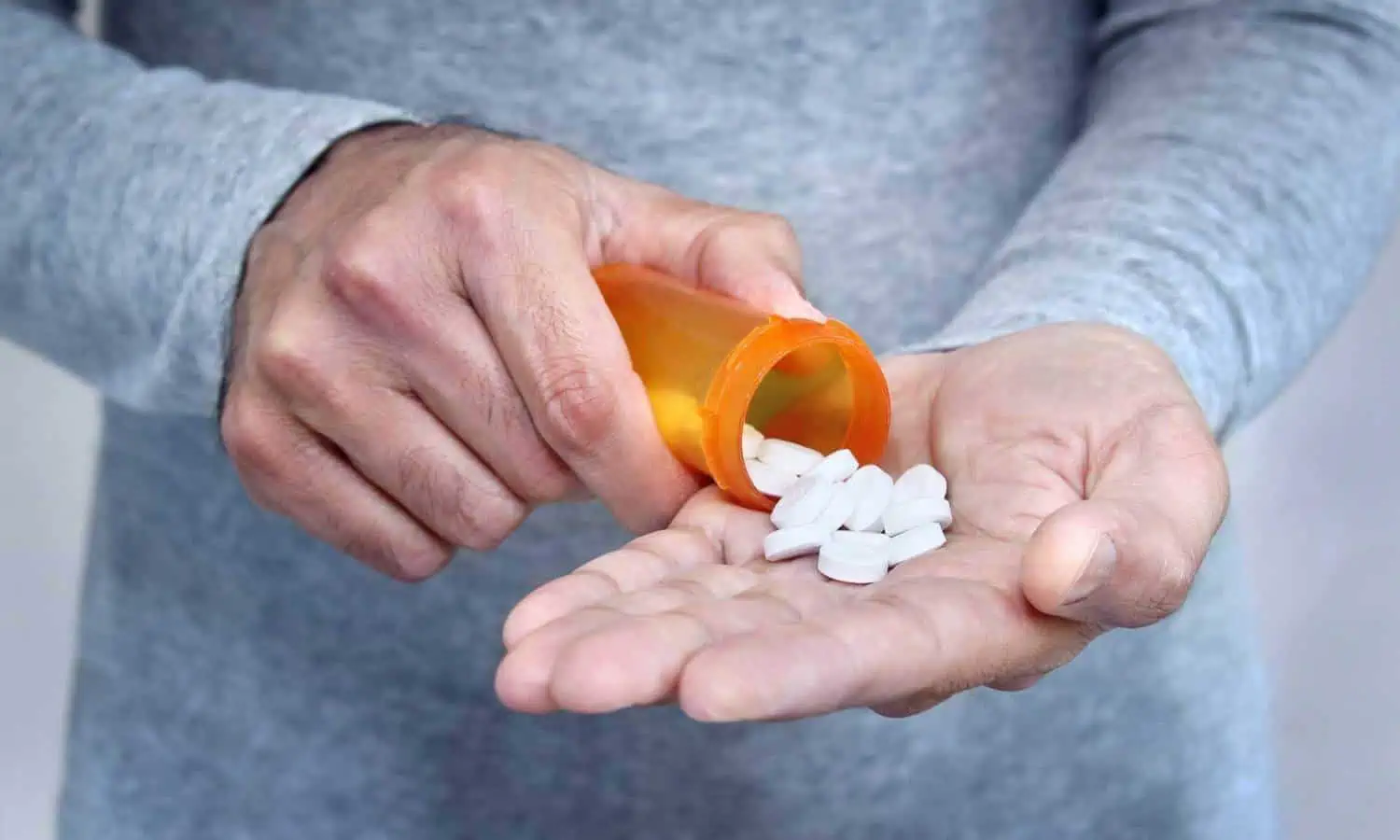In 2016, a photo of a man and a woman who had overdosed in the front seat of their car with their young son in the backseat went viral. It sparked anger, both from those who empathized with the parents and those who denounced them. It was a heartbreaking image that made it impossible to ignore the opioid epidemic that was taking over the nation. But as the number of opioid addicted individuals continues to soar, images such as that one have become more and more common. And, with 2.1 million opioid-addicted Americans, this epidemic has gone from being front-page news to part of every daily life in many communities.
When discussing the opioid epidemic, most focus on the staggering number of overdose deaths ⎼ on average, 91 per day. As upsetting as these losses are, they are not the only victims of this deadly epidemic. The children of addicted parents are also suffering.
The U.S. foster care system has always struggled to meet demand, but the opioid epidemic has completely overwhelmed it. The state of Indiana has had one the largest increase in the number of children entering the foster care system, doubling in just three years. Marilyn Moore, a judge in Marion County, Indiana, says that despite the limited resources, they have no other choice but to remove children from the home and place them in foster care. She also mentions that seeing babies born addicted to opioids is becoming more common.
The toll that opioid addiction is taking on the foster care system can be felt nationwide. In the state of Georgia, drug abuse is behind 40 percent of child removals. In Ohio, one of the states hit hardest by the opioid epidemic, it is involved in nearly 50 percent. States such as Kansas, Alaska, and Ohio are so overcome by the increase of neglected children entering the system that they are pleading residents to become foster parents. In the state of Texas, the situation is so dire that temporary shelters have been built to accommodate the influx of young children entering the system.
Despite efforts to keep families together, officials say that this is simply not an option sometimes. In many cases, child services find that they cannot leave the child with a relative while the parent seeks treatment because the relative is also struggling with addiction.
But the opioid epidemic isn’t just creating a surge of foster care children. It is also creating a generation of orphans. Across the country, the phrase “opioid orphans” has become a sad reality. These are kids who are finding their parents dead and have to call for help. Experts say that this level of emotional trauma can be devastating and deeply impact the child’s future. Higher susceptibility to develop mental illness, behavioral problems, lowered IQ, and developing substance abuse problems later in life are just some of the common effects of the level of trauma they may endure. Mandy Prosser, a social services supervisor in Ohio says that the impact depends on the child’s age.
The deep emotional scars that growing up with an addicted parent can cause are irrefutable, but experts say that the right foster family can make a tremendous difference in the child’s future. With love, support, and a stable environment, children of addicted parents can begin to recover. And ideally, once their parents have overcome their addiction, the family can be reunited once again and begin to heal as a whole.
If you or a loved one is struggling with addiction, Mountainside can help.
Click here or call (888) 833-4676 to speak with one of our addiction treatment experts.

 By
By 







